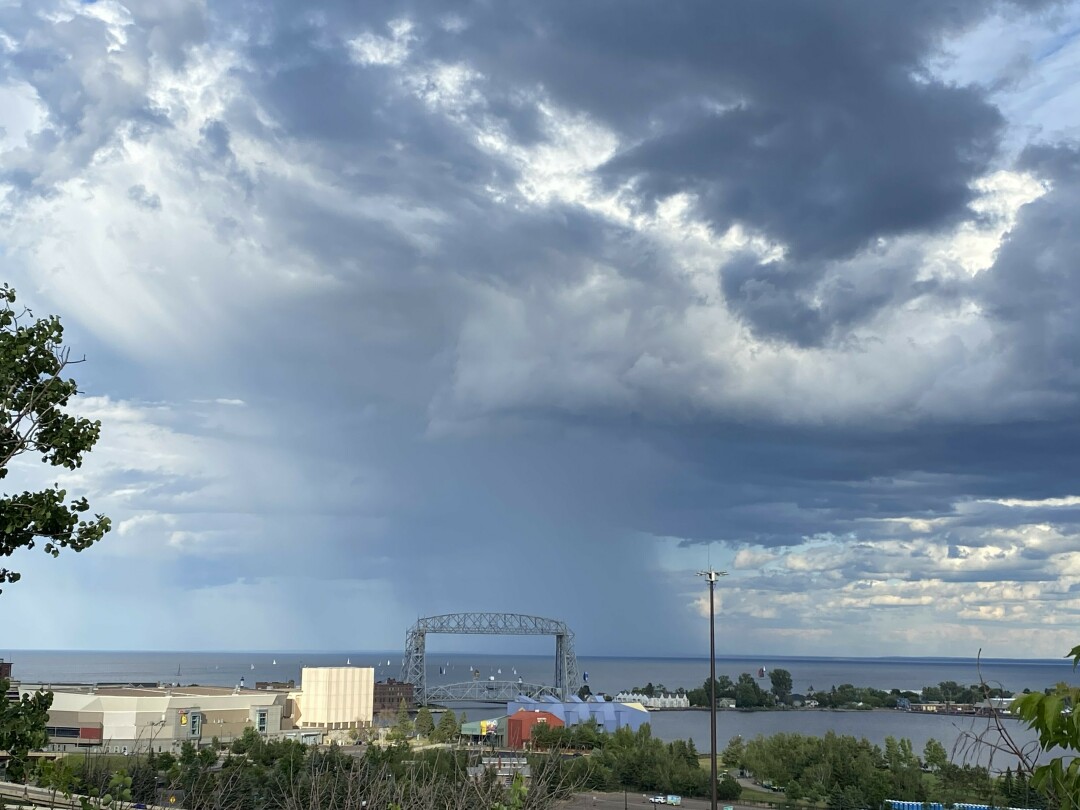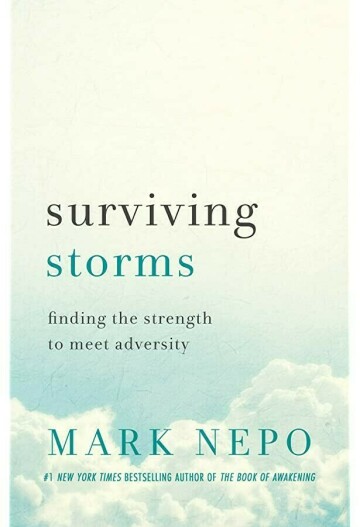News & Articles
Browse all content by date.

Photo by Richard Thomas
On the inside cover to his book Surviving Storms: Finding The Strength To Meet Adversity, Mark Nepo wrote, “In order to stand firm against life’s unavoidable storms, we need to know our true self. By deepening our roots and solidifying our connection to all spirit and all of life, we, like a firmly rooted tree, can stand unmoved in the wind, and endure the force of trials and heartbreak.”
At this moment of time, millions of us are facing numerous trials and deep heartbreak with climate change. The increasing number of climate events taking place in the U.S. and around the world, with more dramatic and destructive consequences, will significantly impact all facets of our daily lives.
Whether it’s the rise in global temperatures or higher CO2 levels in our atmosphere, climate change will become an important and essential factor to consider when discussing such issues as public health, transportation, housing, jobs and economic development, the environment and urban planning.
Whether we like it or not, there are a growing number of challenges that we need to face. And in this most extraordinary time of our lives, we can’t deny or turn our backs to the climate reality or try to sit this one out. We have to be present. We have to be proactive. We have to take a stand.
Susanne C. Moser, in her essay "The Adaptive Mind," which is part of a collaboration "All We Can Save: Truth, Courage and Solutions for the Climate Crisis," writes about the problem of accelerating climate change and asks how we should respond during this ecological and climate emergency. Moser argues that on a daily basis we will be “staring in the face” of many different hurdles to initiating real change on the ground.
“Learning how to stand in the heat of these struggles requires self-transformation and transformative leadership – fundamental components of the adaptive mind,” stated Moser.
In 2011, a group of researchers studied resistance campaigns from around the world that took place between 1990-2006 and found that those campaigns which mobilized at least 3.5% of the population in sustained protest were successful.
So, with a population of 86,372 in Duluth, what if we could find 3,072 people in our city who would be willing to take a stand on climate change?
What would happen if 3,072 people in Duluth were willing to stand up and declare that we need to address climate change? That we need to take this challenge seriously. That we need to face this challenge with a greater sense of urgency.
Whether you’re the mayor, a member of the city council, the Chamber of Commerce president, an executive director of a social service organization, physician, nurse, teacher, student, minister, parent or grandparent, you need to ask yourself – Where do I stand?
For many of us, including myself, we will need to change and transform ourselves and how we see our city and the world. It will also require us to step out of our isolated comfort zones and reach out to engage others in a healthy and constructive dialogue about how we collectively take a stand to address the climate change that has already arrived and future climate events that are certain to challenge Duluth in the coming years.
Between climate denial and climate reality, where do you stand?
Between avoiding an uncomfortable conversation about climate’s impact upon our most vulnerable populations and deciding to open one’s eyes and begin reaching out to address environmental justice, where do you stand? Between maintaining your current standard of living that has a big carbon footprint and exploring how to lead a more sustainable life, where do you stand?
It won’t be easy. It won’t be simple. And it won’t be quick. But it is imperative that we take a stand if we’re going to address climate change throughout Duluth.
To stand up is not only to speak up, but probably more importantly, to make some difficult decisions as to how to change our personal lives as well as the lives of our families, neighborhoods and the whole city.
Like firmly rooted trees, we need to deepen and strengthen our commitment and collaborative efforts so that Duluth can not only endure the climate trials coming our way but with resolve become a more resilient and promising city for all of us.

| Tweet |


